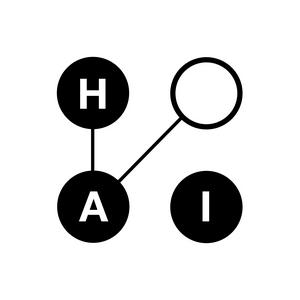Voices is a new mini-series from Humanitarian AI Today. In short daily flashpods, we pass the mic to guests to tell us about new projects, events and advances in artificial intelligence and to discuss topics that are important to the humanitarian community.
In this flashpod, Golestan (Sally) Radwan, Chief Digital Officer with the United Nations Environment Program and a Board Member of the Allen Turing Institute speaks with Panagiotis Moutis, Assistant Professor at the City College of New York and a member of the Climate Change AI initiative about AI’s environmental “sustainability paradox” with Humanitarian AI Today Producer, Brent Phillips.
Balancing technology’s potential to solve complex environmental problems against AI’s ecological costs, high energy consumption, water usage and e-waste, Sally and Panos emphasize that AI is not a magic solution but a complex equation where the new tools that we’ll use to save the environment are themselves taxing its resources, and suggest that AI’s value must be weighed against costs and resources that the technology draws away from other humanitarian and environmental needs.
The participants explore the potential of on-device machine learning to reduce the environmental footprint of AI by shifting workloads from data centers to local hardware and discuss the critical role of data infrastructure and global cooperation in addressing climate change. Sally touches on the challenges of data interoperability, noting that too many different standards exist for environmental data, which complicates the "multivariable analysis" needed for accurate climate forecasting. Panos offers a somber closing perspective, likening the struggle against climate change to a war where key battles may already be lost. He argues that AI's greatest potential might lie in creating clear, uncurated narratives to help the public and politicians grasp the existential urgency of the crisis. To help address this need for reliable information, Sally highlights the launch of EnvironmentGPT, a new tool designed to make environmental science easier to access and understand.
Humanitarian AI Today is a community-led initiative advised and co-produced by collaborating organizations and technology companies. Amidst a fragmented landscape, the podcast serves as a recognizable channel for organizations, donors, and innovators to collectively use to report AI projects, events and advances, turning raw insight into collective intelligence.


